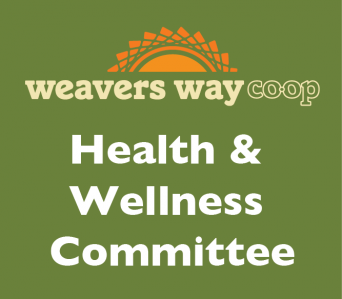
Health & Wellness Committee: Feeling Called to Civic Action? Keep Yourself Sane & Healthy

Views expressed are those of the author, not necessarily the Health & Wellness Committee, and are not meant to be a substitute for talking to your health-care provider.
The other day I sat down with my dear friend Joy. Our conversation soon turned to what’s preoccupying us. “I can barely handle all that’s clamoring for my attention these days, beyond kids, home and garden. There’s so much to speak up about! I don’t know how long I can handle this before I burn out,” she said. We talked about attending meetings and marches, writing postcards and spending hours online to stay on top of the issues. (She’s protesting the repeal of the ACA; I’ve been focused on the environment.)
I wouldn’t be writing this if I weren’t having identical conversations with other friends, students and clients daily. Alongside an inspiring surge in civic engagement in neighborhood, city, state and national issues, there’s overwhelm and fear of burnout. What to do?
Three recommendations come to mind:
Celebrate the work: Many of us are speaking up, writing, taking to the streets. This is a big deal, especially if, like me, it’s been a while since you’ve put such energy into civic engagement. Share your ideas, breakthroughs, insights, videos and photos virtually and in real time.
Acknowledge the shadow side: The anger, stress, tension, fear and anxiety that underlie your efforts can be intense. This is true for those of us targeted by policies being debated and legislated, as well as those whose lives are tightly choreographed in holding down work and a family life. Remind yourself that these feelings are real.
Make self-care central: Self-care enables us to take on this work for the long haul. That includes whatever corresponds to your idea of taking care of yourself. Take time for an outdoor walk or run, massage, cooking, a weekly yoga class or a conversation with a friend.
Sure, it’s easy to write these recommendations. And yet, I know many of us barrel through our days, so used to doing “just one more thing.” We find it challenging to recognize and act upon these three common-sense suggestions.
That brings me to my central message: the importance of learning mindfulness skills as you step into action. Practiced over time, these skills support your physical, emotional, mental and spiritual well-being. Out in the world, they allow you to hold your ground from a place of inner strength and clarity.
Mindfulness skills typically are developed using breathing, mental focus and gentle movement. They are simple, such as the Mindful Moment, which gives you a mini-break (and the opportunity to shift) in the thick of a difficult moment:
- Step 1: Stop. Tell yourself you are going to pause.
- Step 2: Take five long breaths. Let your mind focus fully on the inhale and exhale.
- Step 3: Re-engage with what you were doing.
You may have heard about mindfulness in the context of meditation, which we associate with removing ourselves from the world. However, in a time that asks us to be purposeful and focused, mindfulness practices are essential to stepping into the world in a powerful way. Let’s turn to the rich mindfulness resources in our community, learn, practice and stay strong!
Weavers Way member Esther Wyss-Flamm, PhD, EdM, E-RYT, has been teaching privately and in group settings in the past decade in academic, legal, health care, and studio settings as mindfulness and gentle yoga instructor. She connects people with their innate vitality, power, and purpose.
Esther has distilled some of the insights in this article into an April 23 event, “Mindfulness in Action." To find out more, visit her website, www.estherwyssflamm.com
